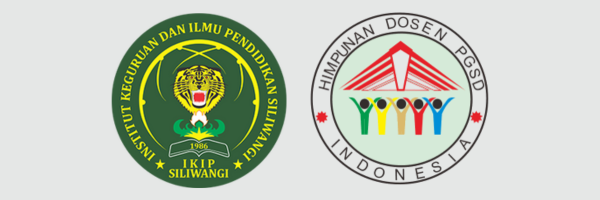Equality of Learning Services through ESD-Oriented RADEC in Elementary School
DOI:
https://doi.org/10.22460/pej.v9i1.5317Abstract
Equality in learning services is a crucial value in helping students sustainably face future challenges. Teachers, as facilitators, need to adopt learning models that integrate ESD (Education for Sustainable Development). The RADEC (Read, Answer, Discuss, Explain, and Create) learning model offers a new alternative aimed at helping students acquire multiple competencies. This study seeks to promote equality in learning services for fourth-grade elementary students through the RADEC learning model with an ESD orientation. The method used is a mixed-method approach with an embedded concurrent strategy, implementing one stage of qualitative and quantitative data collection at the same time. The study participants included 32 fourth-grade elementary students and one elementary school teacher. The instruments used in the study include an observation sheet for the implementation of the RADEC learning model, an observation sheet for equality in learning services, and a teacher interview guide. Data processing was conducted qualitatively by describing the implementation of ESD-oriented RADEC learning and equality in learning services, while quantitative data processing was carried out to determine the level of RADEC implementation and the occurrence of equality in learning service indicators. The results show that the implementation of the ESD-oriented RADEC learning model was achieved at an "excellent" level with an average implementation rate of 81%, while equality in learning services was observed at a "good" level with an average indicator occurrence rate of 73%.
Downloads
Published
Issue
Section
License

This work is licensed under a Creative Commons Attribution-ShareAlike 4.0 International License.
The author is responsible for acquiring the permission(s) to reproduce any copyrighted figures, tables, data, or text that are being used in the submitted paper. Authors should note that text quotations of more than 250 words from a published or copyrighted work will require grant of permission from the original publisher to reprint. The written permission letter(s) must be submitted together with the manuscript.











